SUTD researchers developed simple method to upcycle okara using 3D printing
Okara, a soybean byproduct, can now be 3D printed without any additives, boosting food sustainability efforts
Researchers from the Singapore University of Technology and Design (SUTD) developed a method to perform direct ink writing (DIW) 3D printing of okara—a soybean byproduct generated from the production of soy milk and bean curd—without using food thickeners. Despite the high amount of dietary fibre and protein present, okara is usually discarded during the food manufacturing process. The researchers used 3D printing to repurpose otherwise discarded okara powders to create snacks with controlled texture.
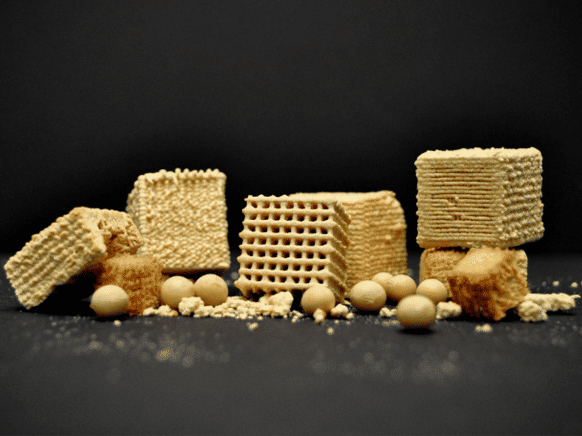
DIW 3D-printed models of okara
SUTD
3D printing has been an emerging technology to create food in various shapes designed using computers. During this process, food additives (usually hydrocolloids and food thickeners) are added to food to enable 3D printing and maintain the printed structures. The use of additives may, however, cause unintended changes in the texture and flavour of the original foods.
To overcome this challenge, the research team from SUTD’s Soft Fluidics Lab identified the specific particle size and concentration of okara that achieve desired food ink properties to ensure 3D printability. Their measurements suggested that the particle sizes were an essential variable to determine the rheological properties of the okara ink. Characterisations of the formulated okara ink were conducted to analyse their rheological and textural properties.
“Our demonstration highlights the upcycling of otherwise wasted foods to achieve customised textural properties via 3D printing. We believe our current demonstrations pave the way to realise the full potential of 3D printing technology toward improved food design and sustainability,” explained Associate Professor Michinao Hashimoto, the principal investigator of the study from SUTD.
“The adequate use of such underutilised nutritious food would promote food supply sustainability and food waste reduction. We plan to develop more inks formulated with other food wastes to boost sustainability, ” added lead author and Ph.D. candidate from SUTD, Mr Lee Cheng Pau.
This research was published by ACS Food Science and Technology, a leading journal that encourages high quality, well conducted studies which contribute to the advancement of food science and its applications. This project was conducted in collaboration with Masaki Takahashi (Tokyo Institute of Technology, Japan), Satoshi Arai (Kanazawa University, Japan) and Chi-Lik Ken Lee (Nanyang Technological University, Singapore).
Most read news
Original publication
Topics
Organizations
Other news from the department science

Get the food & beverage industry in your inbox
By submitting this form you agree that LUMITOS AG will send you the newsletter(s) selected above by email. Your data will not be passed on to third parties. Your data will be stored and processed in accordance with our data protection regulations. LUMITOS may contact you by email for the purpose of advertising or market and opinion surveys. You can revoke your consent at any time without giving reasons to LUMITOS AG, Ernst-Augustin-Str. 2, 12489 Berlin, Germany or by e-mail at revoke@lumitos.com with effect for the future. In addition, each email contains a link to unsubscribe from the corresponding newsletter.
Most read news
More news from our other portals
Last viewed contents

Exhibition market Iran: ngn and fairtrade develop exhibition portal in Farsi

A healthy diet, reading, and doing sports promote reasoning skills in children
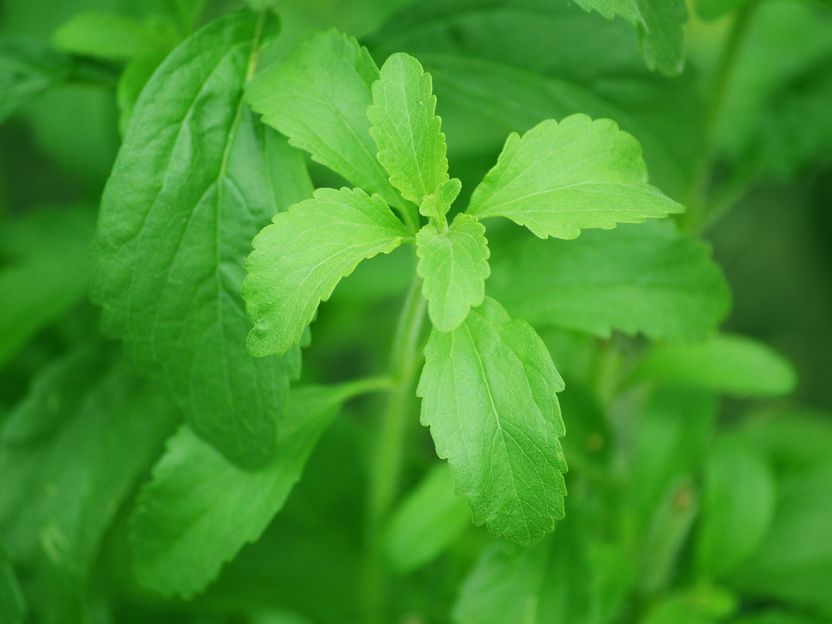
PureCircle and U.S. Customs and Border Protection Resolve 2014 Stevia Sourcing
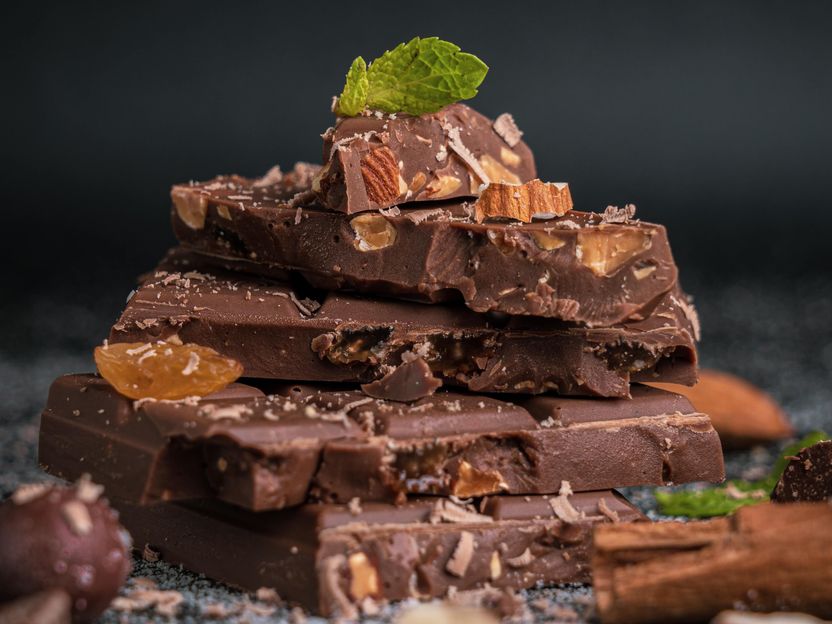
Cargill survey reveals nearly all Americans indulge in a daily chocolate treat - ChocoLogic™ survey unwraps US consumers’ preferences, consumption habits and motivations for enjoying chocolatey foods and beverages
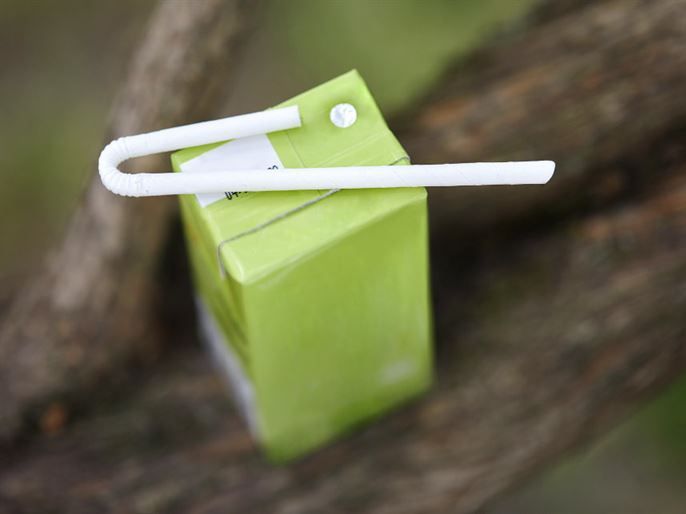
BillerudKorsnäs and The Paper Straw Co to launch the first U-Bend paper straw
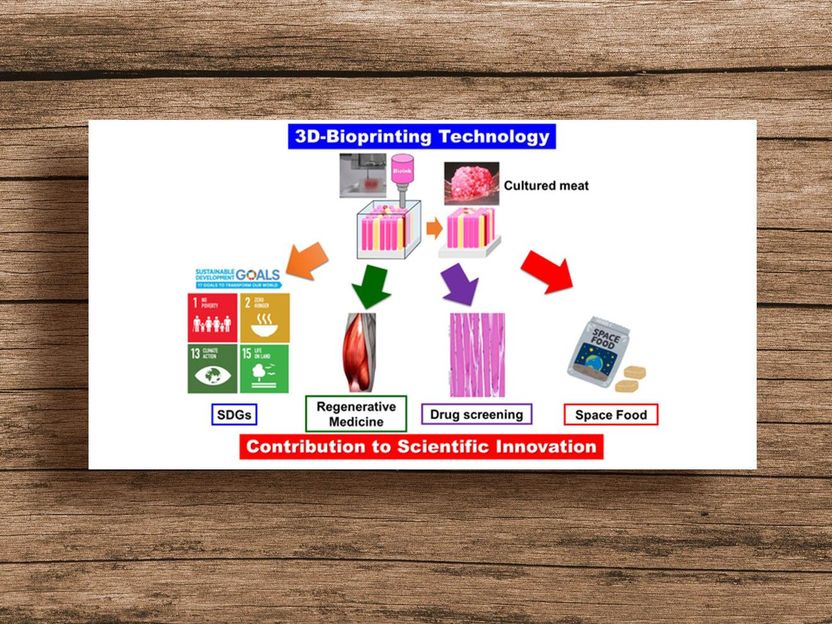
Osaka University, Shimadzu, and SIGMAXYZ collaborate on 3D Bioprinting technology - Accelerating technological development to solve social issues such as the environment, food, and health

Mars Wrigley ice cream factory converts production to 100 percent renewable energy
ZIEMANN HOLVRIEKA – a common company name symbolizing “Everything from a single source”
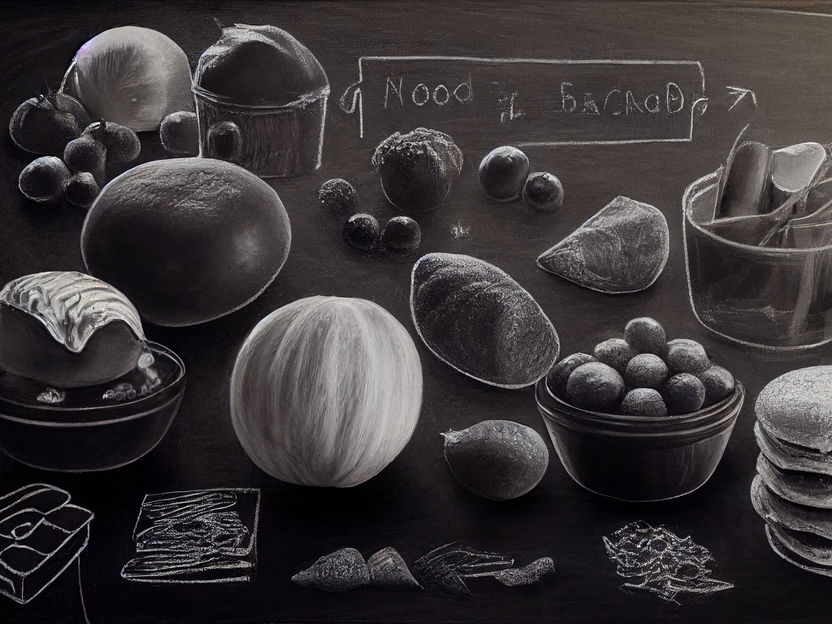
Nutrition education should be ‘on the menu’ of all healthcare professionals’ education - Research suggests nutrition education should be on the curriculum of all medical students as well as other healthcare professionals
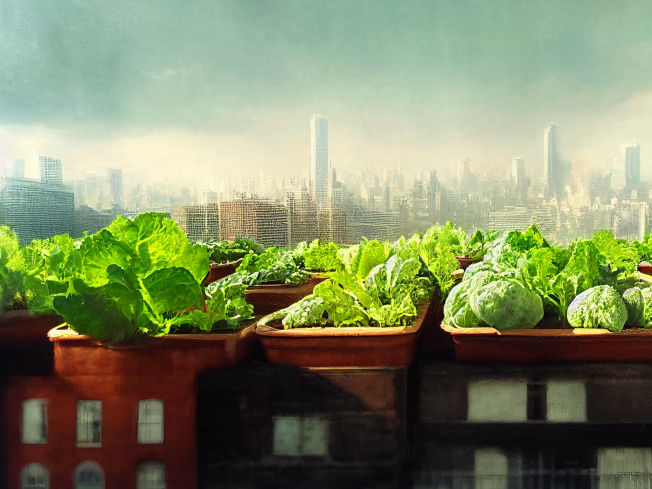
CO2 ventilation breakthrough could turn city rooftops into bumper vegetable gardens - Scientists find that exploiting waste CO2 from building ventilation systems can help plants on rooftops grow better
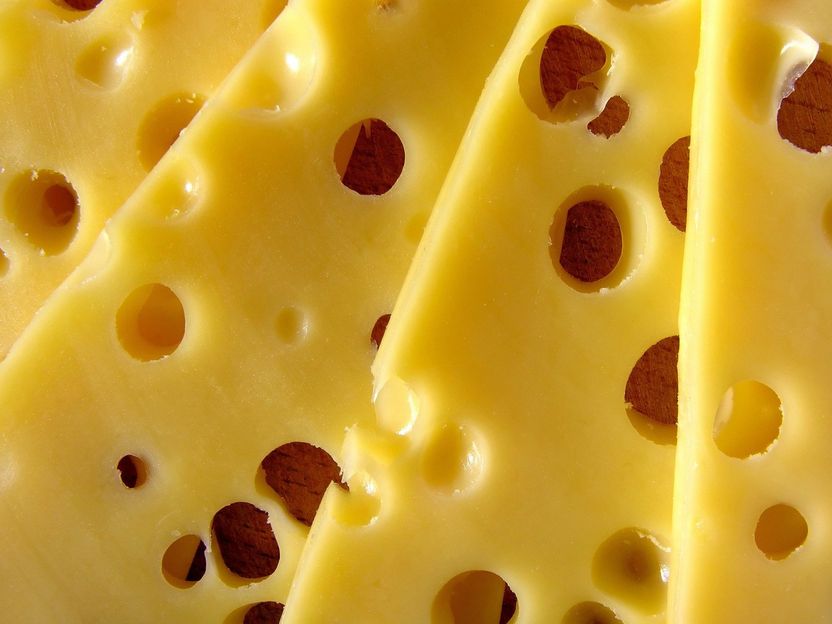
Upfield Canada Inc. is expanding its operations with a new Canadian production facility - New Upfield Canada Facility for plant-based spreads and new vegan cheese production to open




























































